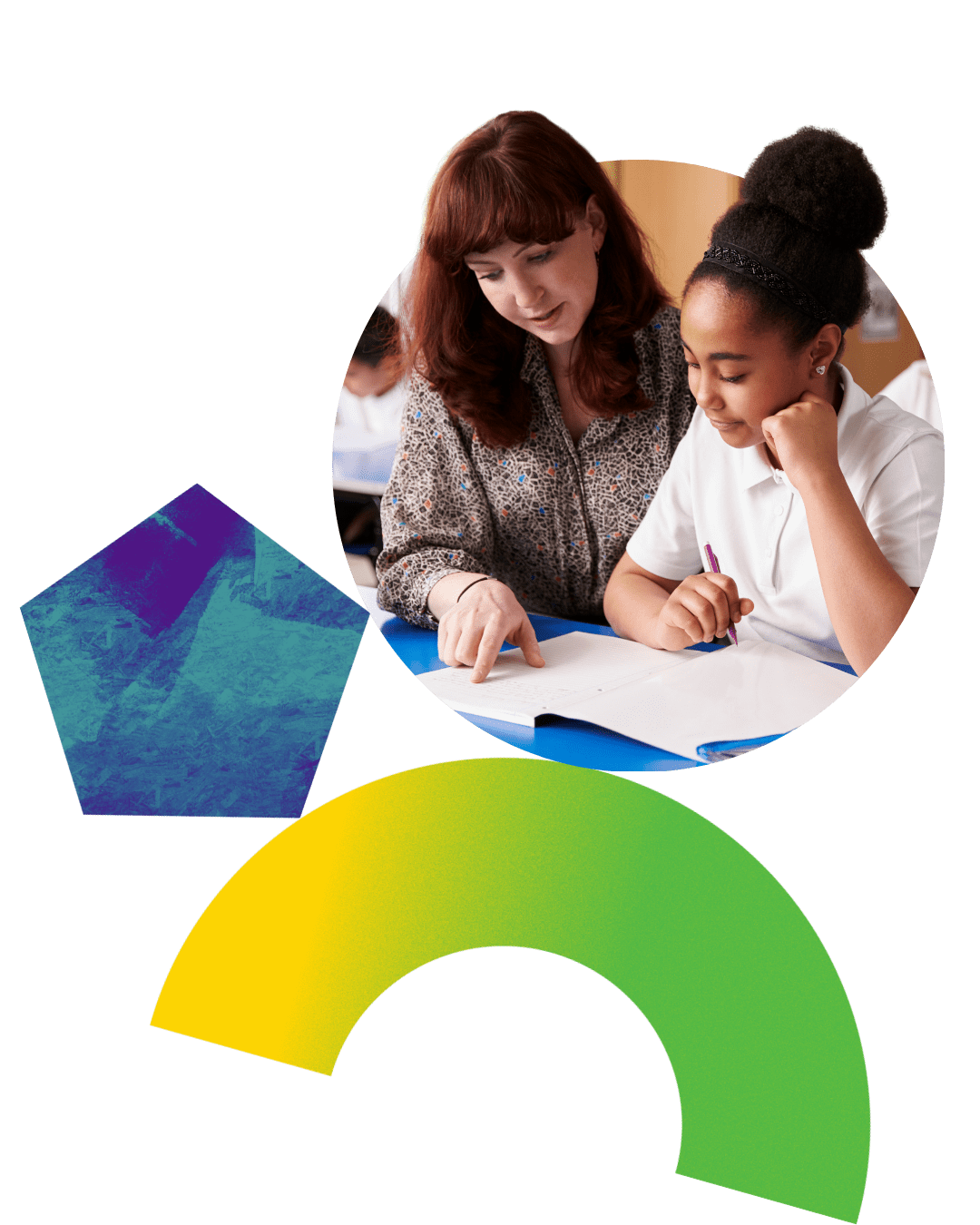Pathway stages
1. How are you?
1.1 Welcome!
1.2 Why are you doing this course?
1.3 On a good day
1.4 On a bad day
1.5 Emotional health
1.6 School culture
2. Our feelings
2.1 Understanding feelings
2.2 How we know we’re happy
2.3 How we know we’re sad
2.4 How we know we’re tired
2.5 How we know we’re anxious
2.6 Feelings
3. Containment
3.1 Feeling worse
3.2 Feeling better
3.3 Containment: the basics
3.4 Containment: learning more
3.5 And more
3.6 What containment isn’t
3.7 What can happen when worries build up?
3.8 Making space in your mind
4. Communicating feelings
4.1 How feelings are communicated
4.2 The underlying emotions
4.3 Doing things differently
4.4 Developing a containing relationship
4.5 Another example of how feelings are communicated
4.6 Underlying emotions again
4.7 Trying to do things differently
4.8 Thinking about how we say things
4.9 In school
4.10 Feelings
4.11 Trying again
4.12 Containment at school
4.13 What you’ve learnt
5. Anxiety and depression
5.1 Revisiting emotional health
5.2 Anxiety
5.3 The effects of anxiety
5.4 Anxiety and you
5.5 Depression
5.6 Common signs of depression
5.7 How to help
5.8 Feeling understood
5.9 Making changes
5.10 Getting help
6. Processing emotions
6.1 Processing emotions
6.2 Feeling emotions
6.3 The individual impact of trauma
6.4 Previous experiences and genetics
6.5 What helps us to process emotions?
6.6 Looking after our wellbeing
6.7 Downregulating
6.8 Breathing
6.9 Different types of relaxation
6.10 Summary
7. A bit about trauma and difficult times
7.1 Trauma and difficult times
7.2 A ‘normal’ reaction to trauma
7.3 Role of the amygdala and hippocampus
7.4 Recovery
7.5 A sense of coherence
7.6 Autobiography in 5 chapters by Portia Nelson
7.7 Stages of recovery
7.8 Recovery and neurology
7.9 The setting and recovery
7.10 Summary
8. Moving forward
8.1 Emotional health in your school
8.2 Key messages
8.3 Changes
8.4 Conclusion and feedback
8.5 Acknowledgements
About this course
The demands on you as a teacher have never been higher. You are teaching, caring, counselling, planning, managing, negotiating, making referrals, providing advice, signposting services and you are also constantly challenged to be creative and inspiring in the classroom.
In loco parentis, you are also managing a group of children, individuals with different needs and developmental variations so that they can regulate their emotions, concentrate, process new learning and cooperate with other children.
This course is about understanding emotional health and relationships because social interactions are at the heart of human experience. For school staff, relationships and everyday interactions with children literally grow and shape their brains and their emotional development and wellbeing. It also impacts teacher wellbeing too, which needs caring for just as much.
Developed by clinical psychologists with practitioners, this course is designed to help you understand how to care for your own emotional health effectively. In turn this will set you up to tune into others in order to get the best from children, colleagues, parents and every other important relationship in your life.
You will learn about:
- What emotional health is
- Different needs in caring for feelings and emotional health
- Communicating emotions
- Working under pressure
- Trauma
- Anxiety and depression
The reflective style of learning sets Togetherness apart from other wellbeing support. It enables you to develop your personalised approach to work through a deeper understanding of emotional health, communication and relationships. You will explore the complexity of emotional processing and reflect in a safe space in order to gain clarity and confidence in your own emotional health.

